Intro
Identify 5 E Coli symptoms, including diarrhea, vomiting, and abdominal pain, and learn about related urinary tract infections, food poisoning, and intestinal issues, to understand the bacterias impact on gut health and overall well-being.
The presence of E coli in the human body can lead to a variety of health issues, ranging from mild to severe. Understanding the symptoms of E coli infection is crucial for prompt medical attention and effective treatment. E coli, or Escherichia coli, is a type of bacteria commonly found in the environment, foods, and the intestines of humans and animals. While most E coli strains are harmless, some can cause serious food poisoning and infections. Recognizing the signs and symptoms of E coli infection can help individuals seek medical help early, reducing the risk of complications.
E coli infections can manifest in different ways, depending on the strain of the bacteria and the individual's overall health. Some people may experience mild symptoms that resolve on their own, while others may develop severe and life-threatening conditions. It is essential to be aware of the common symptoms of E coli infection to ensure timely medical intervention. The symptoms can vary from person to person, but there are common signs that indicate an E coli infection.
The severity and type of symptoms can depend on several factors, including the strain of E coli, the amount of bacteria ingested, and the individual's immune system. In general, symptoms of E coli infection can range from mild to severe and may include diarrhea, abdominal cramps, and vomiting. In severe cases, E coli infection can lead to life-threatening complications, such as hemolytic uremic syndrome (HUS), which can cause kidney failure and other serious health problems.
Introduction to E Coli Symptoms
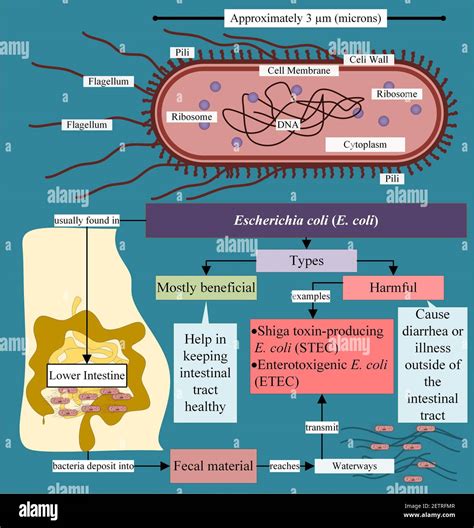
Common E Coli Symptoms
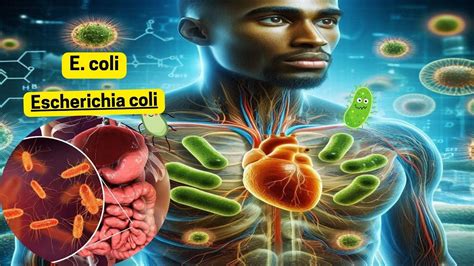
Less Common E Coli Symptoms
Some people may experience less common symptoms of E coli infection, including: * Joint pain and swelling * Eye problems, such as conjunctivitis * Skin rash * Respiratory problems, such as pneumoniaSevere E Coli Symptoms

E Coli Symptoms in Children

E Coli Symptoms in Adults
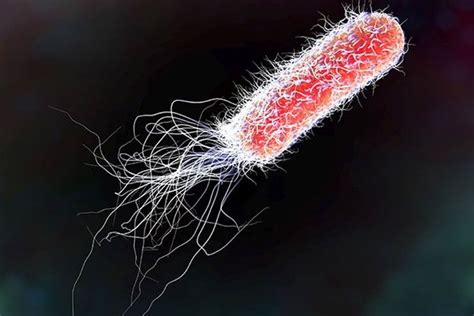
Diagnosing E Coli Infections
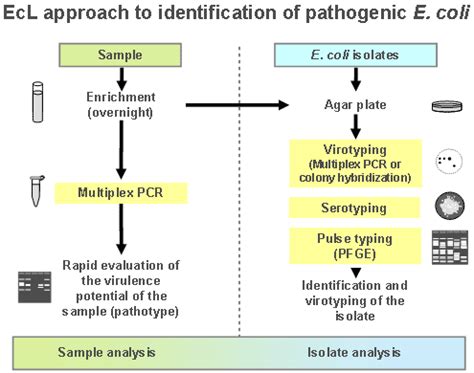
Treating E Coli Infections
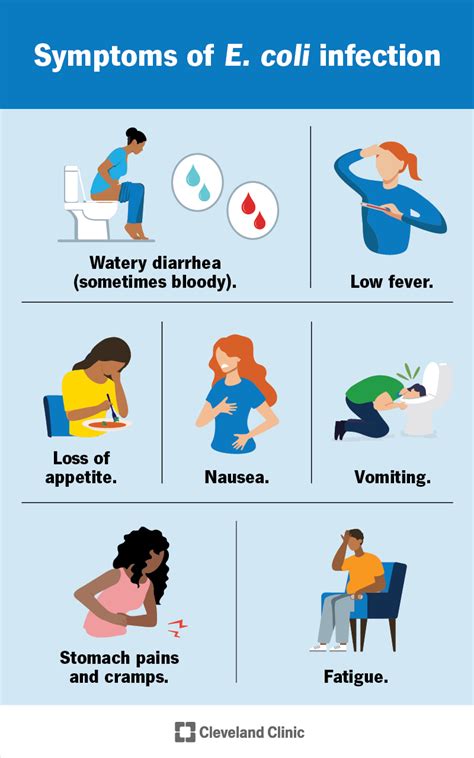
Preventing E Coli Infections
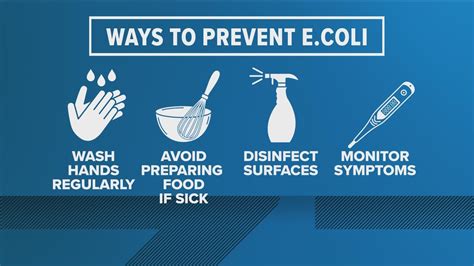
What are the common symptoms of E coli infection?
+The common symptoms of E coli infection include diarrhea, abdominal cramps, vomiting, and fever.
How is E coli infection diagnosed?
+Diagnosing E coli infections typically involves a combination of physical examination, medical history, and laboratory tests, such as stool tests, blood tests, and urine tests.
How is E coli infection treated?
+Treating E coli infections typically involves a combination of supportive care and antibiotics, such as fluid replacement, pain management, and rest.
How can E coli infections be prevented?
+Preventing E coli infections involves practicing good hygiene and food safety, such as washing hands regularly, avoiding undercooked or raw meat, poultry, and eggs, and avoiding contaminated water.
What are the complications of E coli infection?
+The complications of E coli infection can include kidney failure, urinary tract infections, and other serious health problems.
In conclusion, understanding the symptoms of E coli infection is crucial for prompt medical attention and effective treatment. By recognizing the common symptoms of E coli infection, individuals can seek medical help early, reducing the risk of complications. We encourage readers to share their experiences and ask questions in the comments section below. Additionally, if you found this article informative, please share it with others who may benefit from this information. Together, we can raise awareness about E coli infections and promote better health outcomes.
